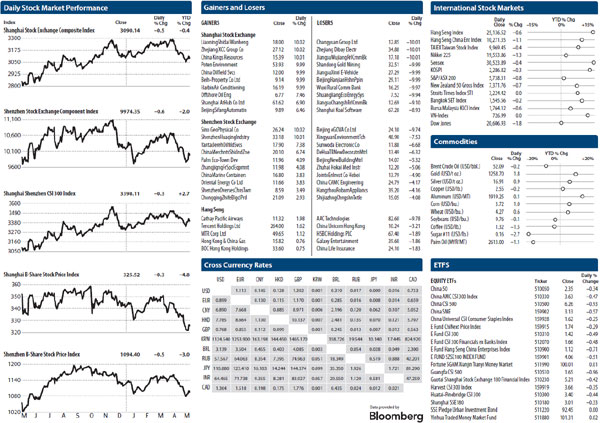Privately owned company Shanghai Peng Xin Co Ltd said it was showing continued interest in investing in Brazil.
Ge Junjie, deputy chairman, said during Brazil-China Agri-Food Cooperation Forum held in Shanghai on Tuesday that Peng Xin will set up a soybean production factory in Brazil with an annual capacity of 10 million metric tons by the end of this year. With this base, Peng Xin expects to export more Brazilian soybeans to the Chinese market.
Founded in 1988, Peng Xin has an extensive business portfolio including commercial property, resources, agriculture and food products, environmental protection technology and investment. Its founder Jiang Zhaobai was ranked 501st on the Hurun Global Rich List 2017, with a personal wealth of $3.7 billion.
The soybean factory will be Peng Xin's third major investment in Brazil in two years. It became the controlling shareholder of Brazilian grains processing firm Fiagril Participacoes SA, outlaying $200 million in April last year. Two months later, Peng Xin announced to acquire a controlling stake in Brazilian bank Banco Indusval & Partners SA, which is expected to cost $3 billion.
According to Ge, Peng Xin will focus on Brazilian animal protein and vegetable protein products in the next few years. The company is building a worldwide food product distribution network covering North America, South America, Europe, Southeast Asia, Australia and New Zealand.
Ge also suggested the Brazilian government complete its planned infrastructure construction to attract more overseas investment.
"With our experience in investing in Brazil, we see that the country has a lot to do to improve its roads, harbors and logistics construction. It should allow global investors to participate in that," he said. "Meanwhile, the government should create a better investment environment to facilitate the mergers and acquisitions of Brazilian agriculture and food companies."
Lief Chiang, deputy director of Rabobank Shanghai, said incomplete infrastructure had become one of the biggest obstacles for Chinese companies investing in Brazil. Japanese companies, which came to invest earlier in Brazil, had provided a successful model for investors to hold an initial minority stake in a Brazilian company??increasing their shareholdings later, based on performance.

